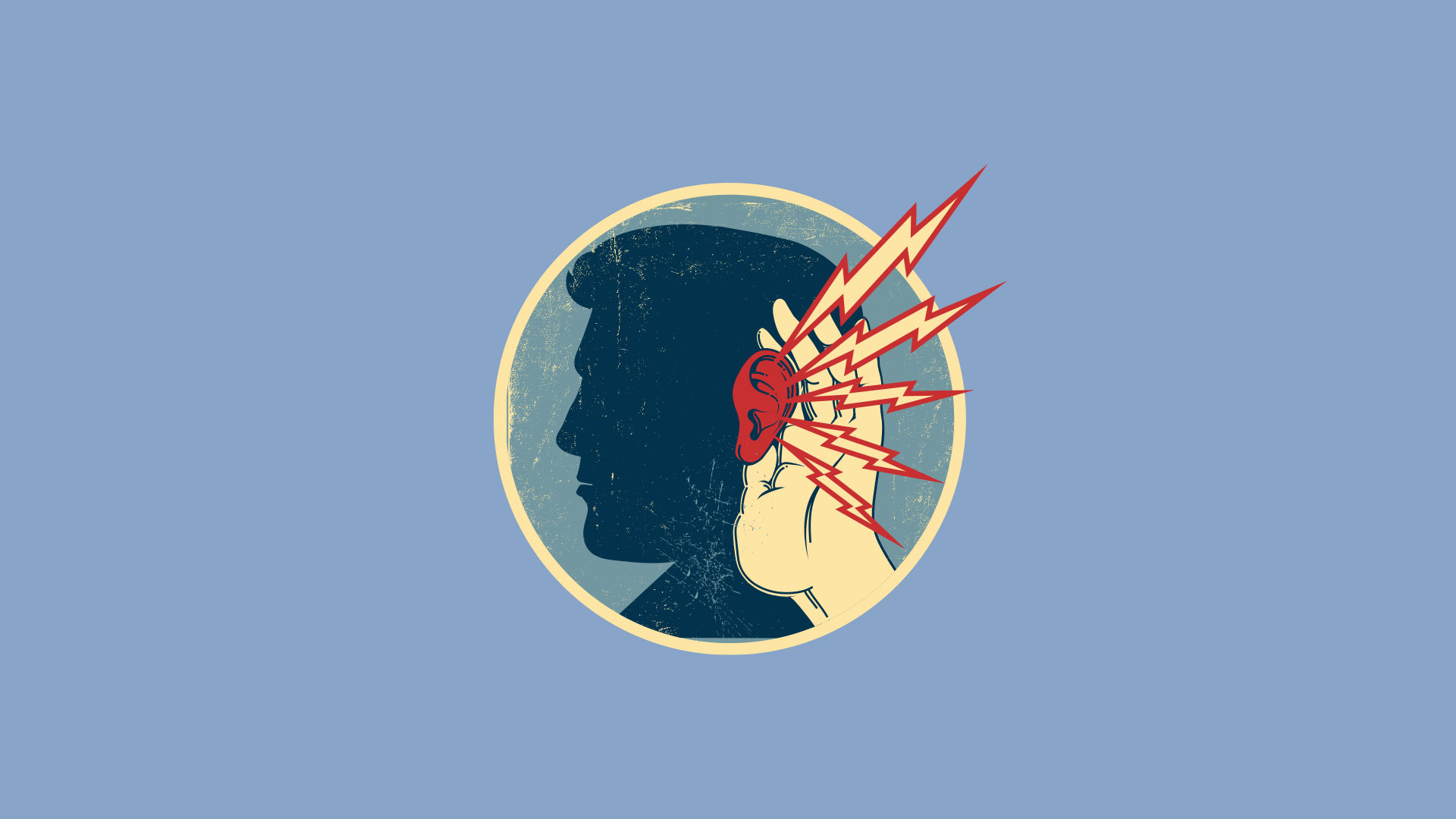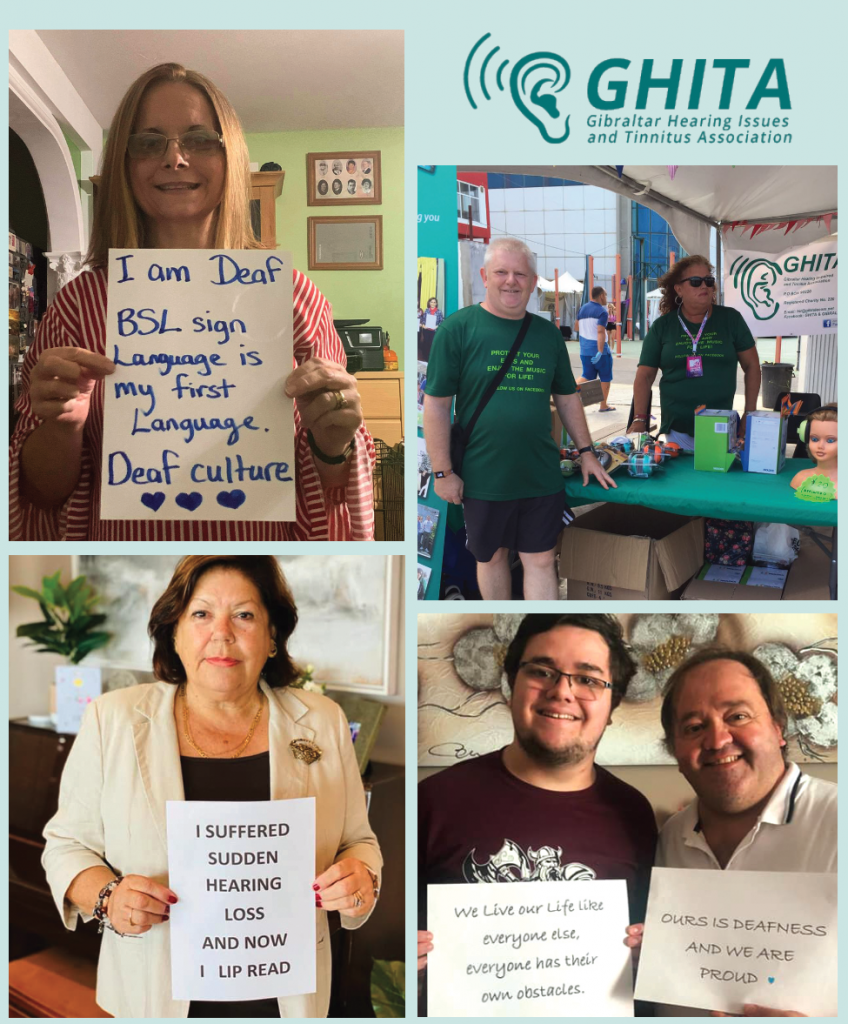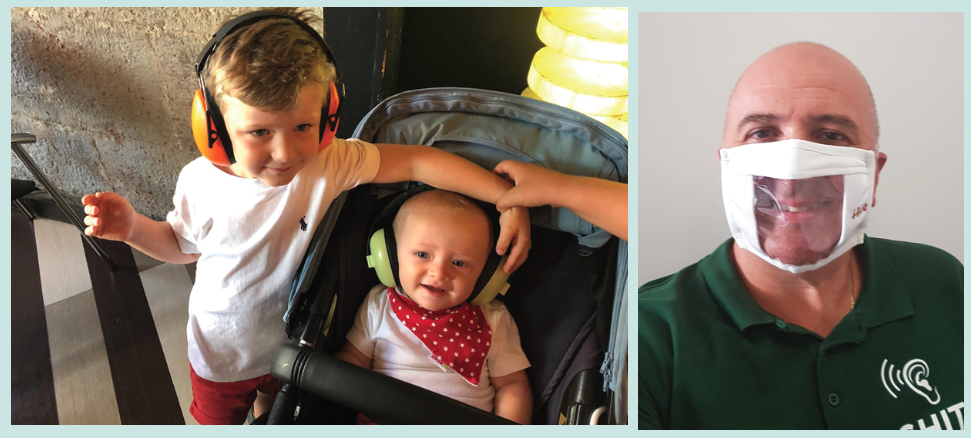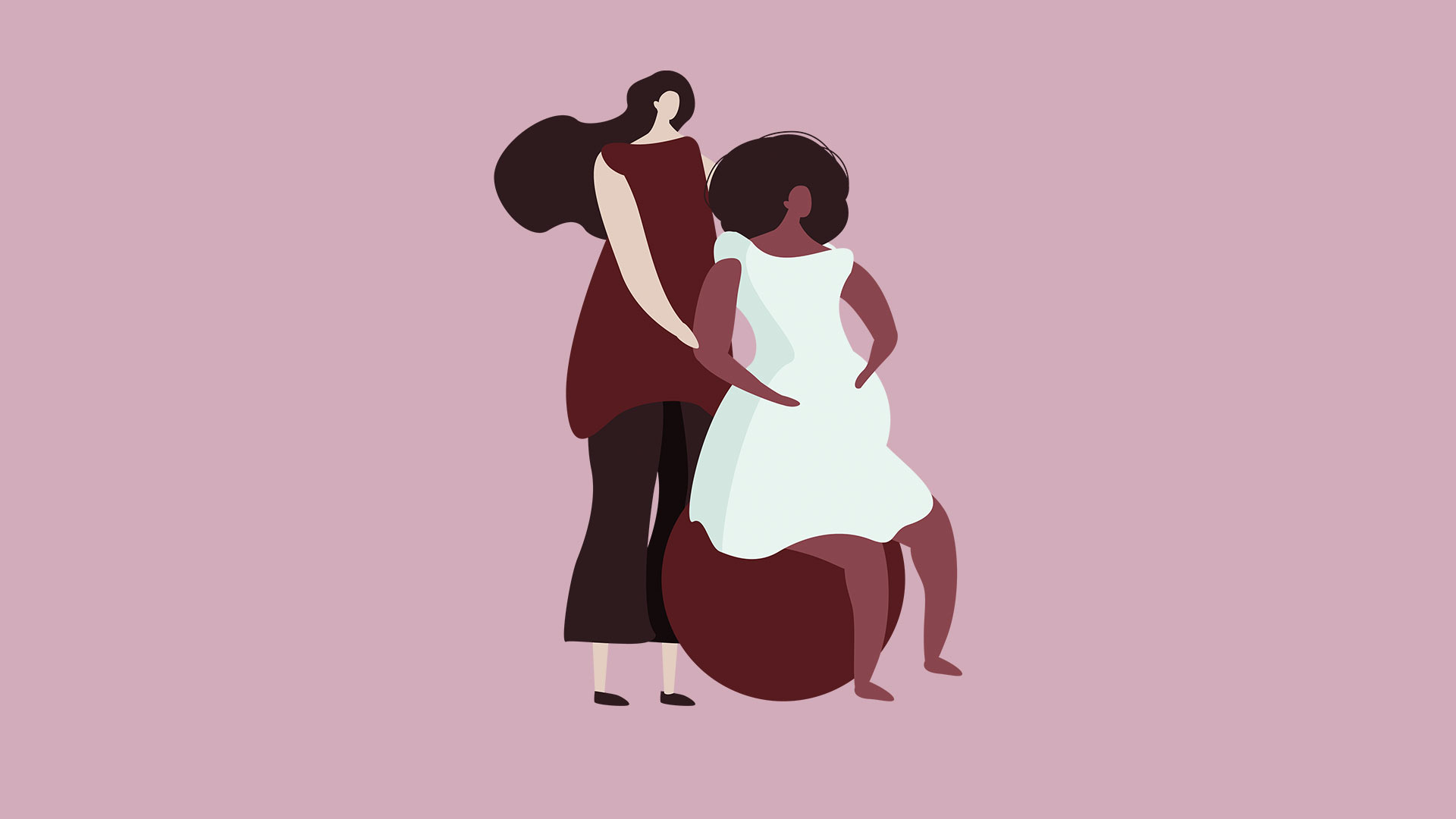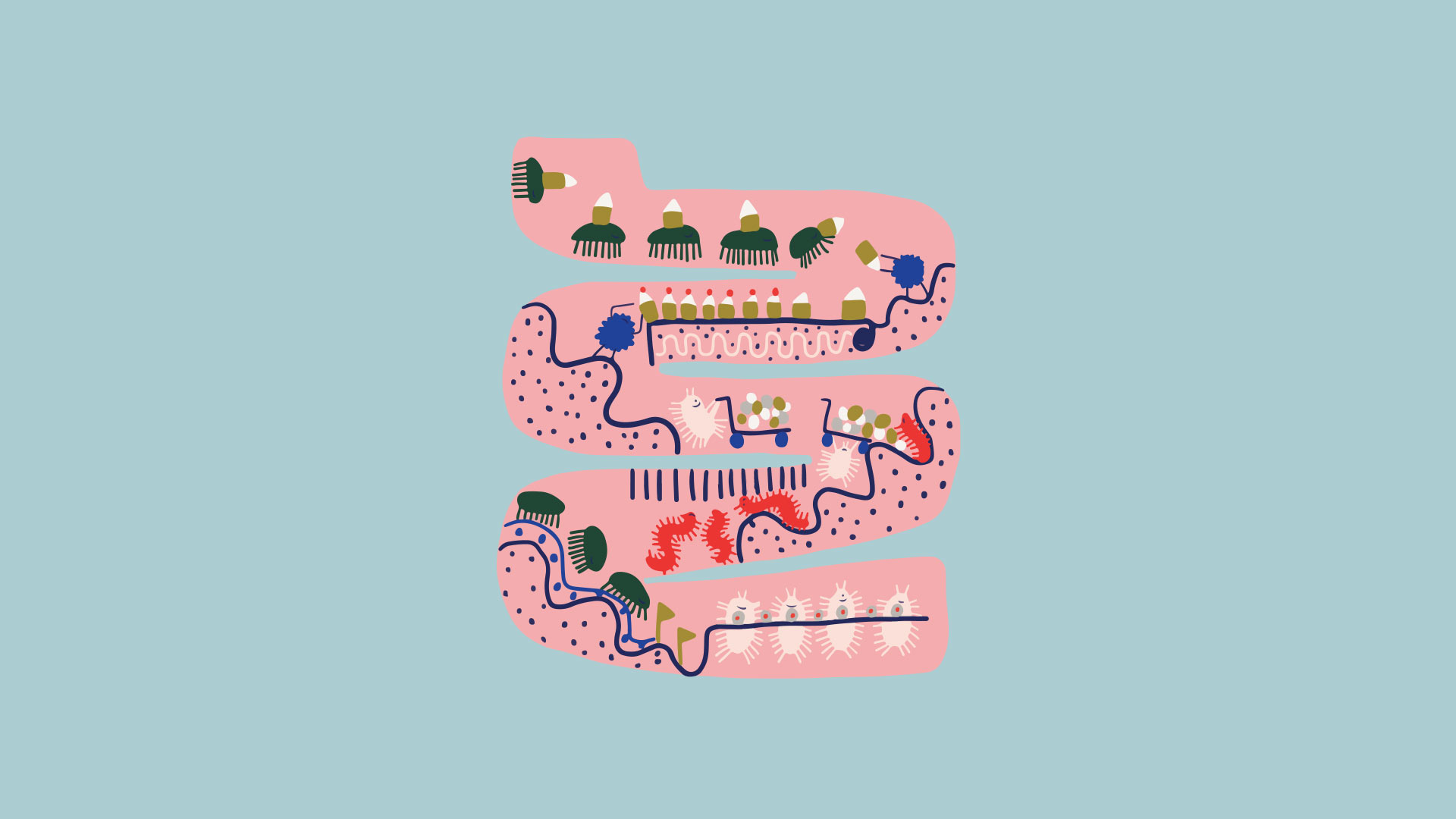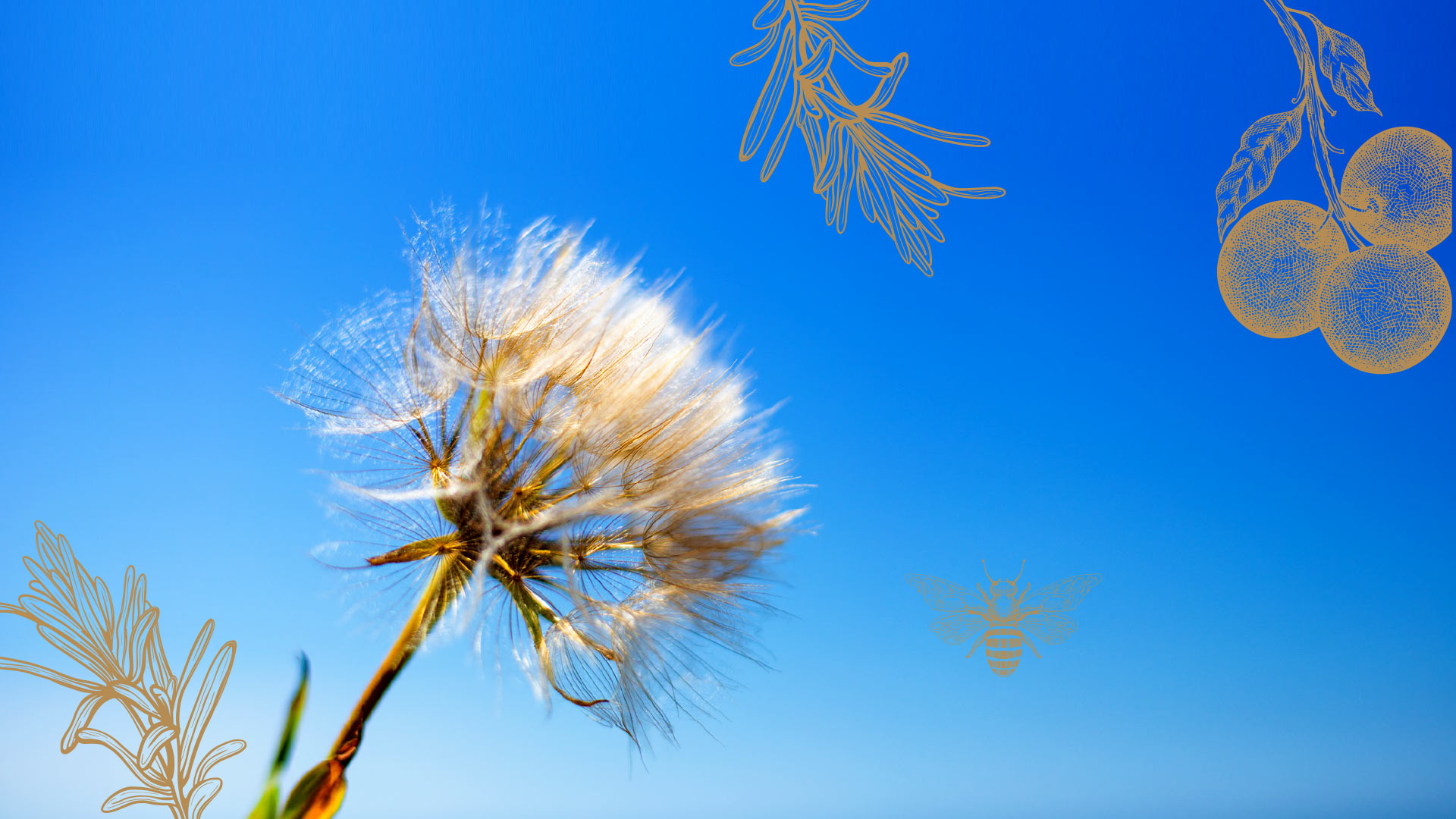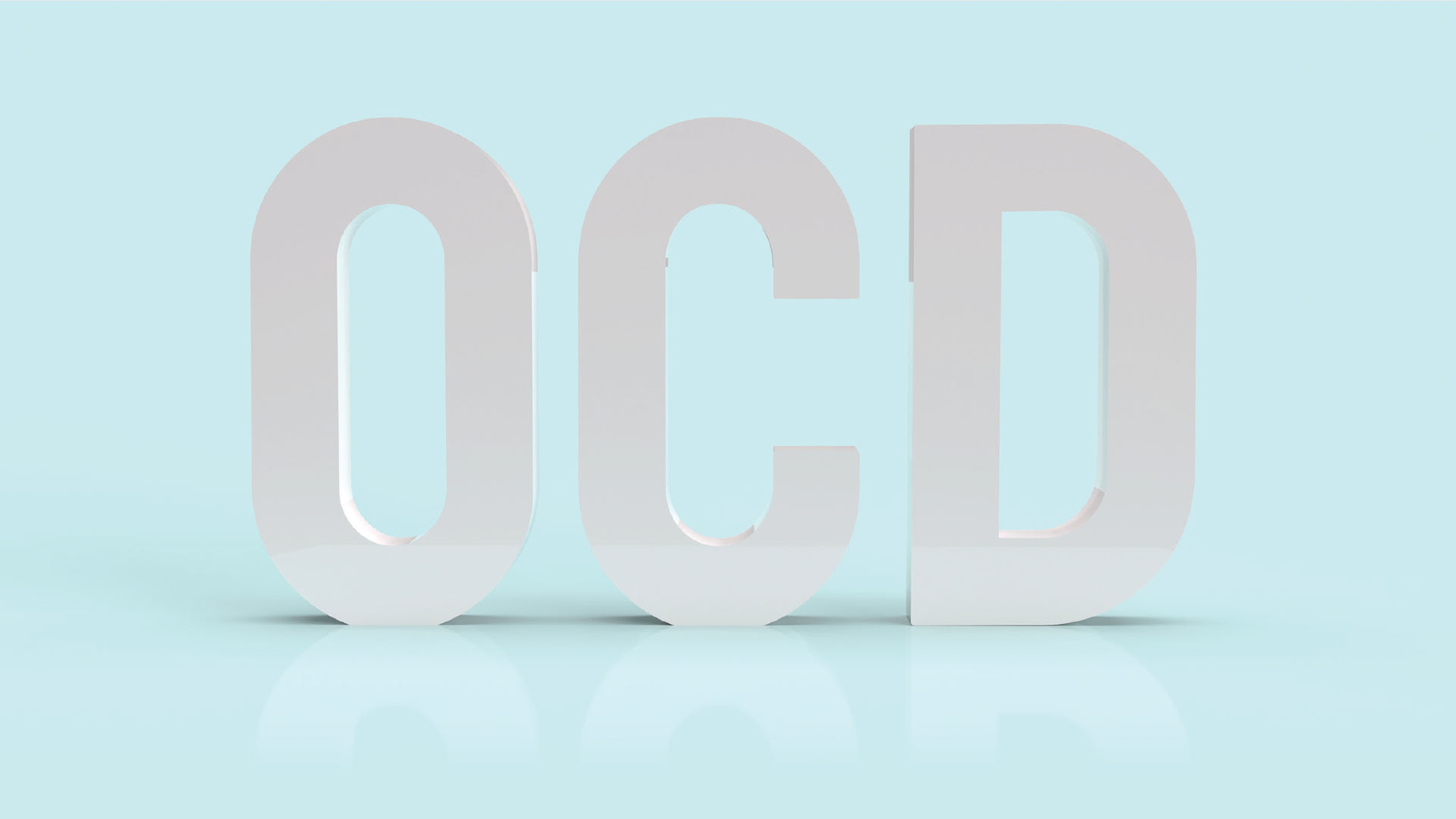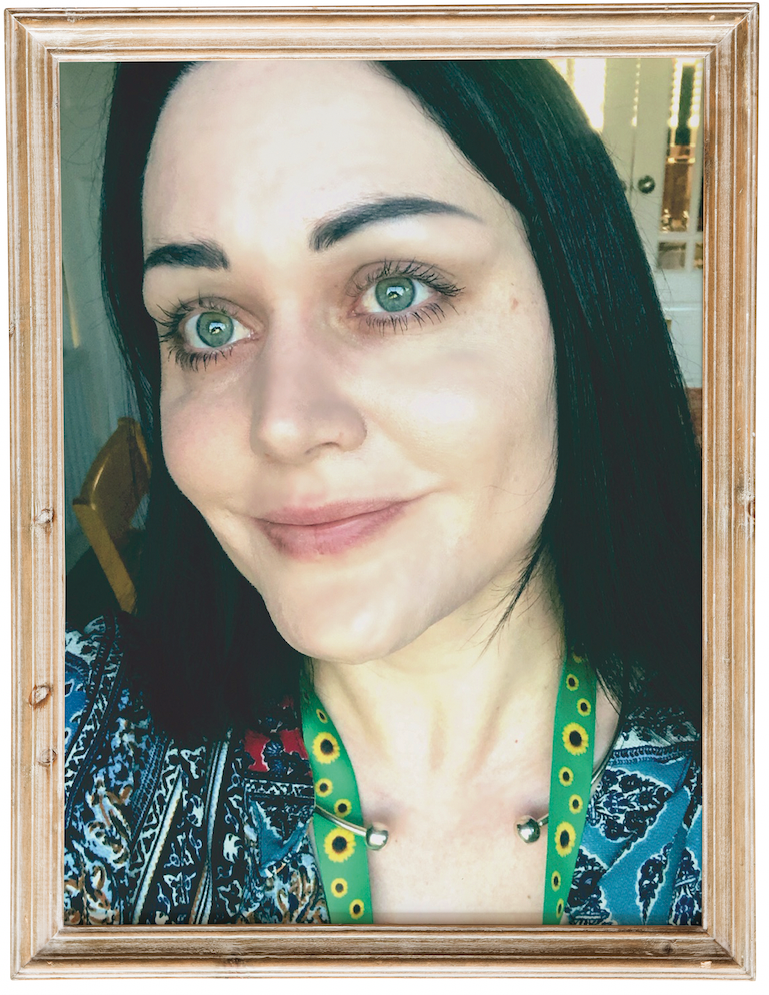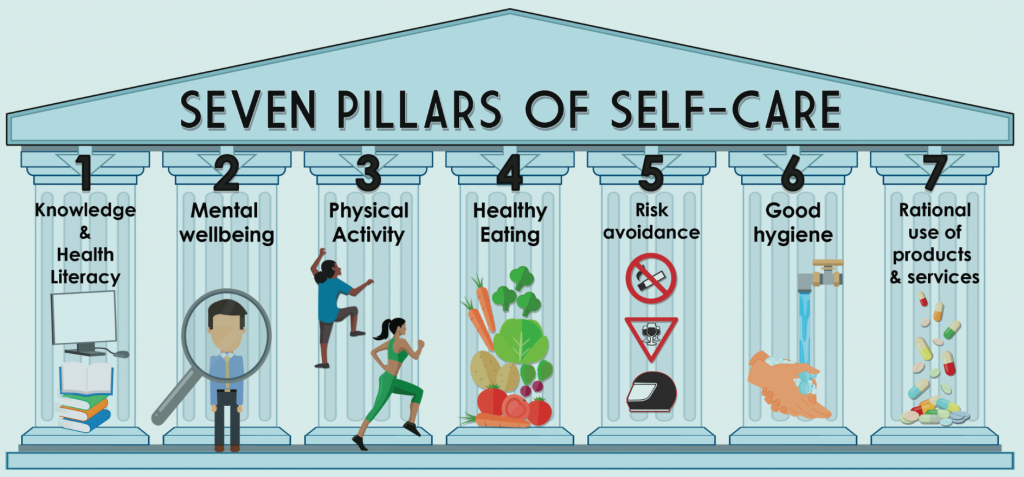The Gibraltar Hearing Issues & Tinnitus Association
The Gibraltar Hearing Issues & Tinnitus Association is a small fully
volunteer driven organisation financed by private donations and fundraising initiatives. Since 2008 they have provided guidance and support to the community and HMGoG, plus act as a pressure group.
Its mission is to raise awareness on the needs and defend the rights for the Deaf and the Hard or Hearing (Deaf Community) in Gibraltar. It has been a true challenge because, surprisingly, Gibraltar legislation does not fully protect the rights of the local Deaf Community. The United Nations Convention on the Rights of Persons with Disabilities has not been fully transposed in Gibraltar law, unlike in the United Kingdom. This situation already raised eyebrows internationally when the UK was actually reprimanded by the United Nations in 2017 for not doing enough amongst other things to “strengthen its efforts to extend the Convention and support its implementation in the Overseas Territories”.
Gibraltar Governments past and present have introduced improvements in legislation and policy, but these remain limited and continue to allow for institutional discrimination against the Deaf Community to exist. For example, during the COVID pandemic there was no British Sign Language Interpreter used during the broadcast press conferences. This is made even more challenging by a lack of subtitles. During that period the Deaf Community found it very hard to glean the latest public health advice in real time.
GHITA’s perception has always been that the Deaf Community size has been larger than local services plan and cater for. This year the World Health Organisation released The Hearing Report where it stated that globally 5% of the world population suffers from deafness. HMGoG’s own Lifestyle (Pandemic) Survey confirmed that 7% of the Gibraltar population suffers from deafness. Gibraltar is 2% higher than global figures which is concerning given the current lack of resources for prompt diagnosis and treatment e.g., no Tinnitus Clinic in the Gibraltar Health Authority.
The 20th of September is the International Day for the Deaf and marks the start of Gibraltar’s Hearing Loss Week. Follow them on Facebook, Twitter, and Instagram to keep up to date with their news.
www.ghita.gi

